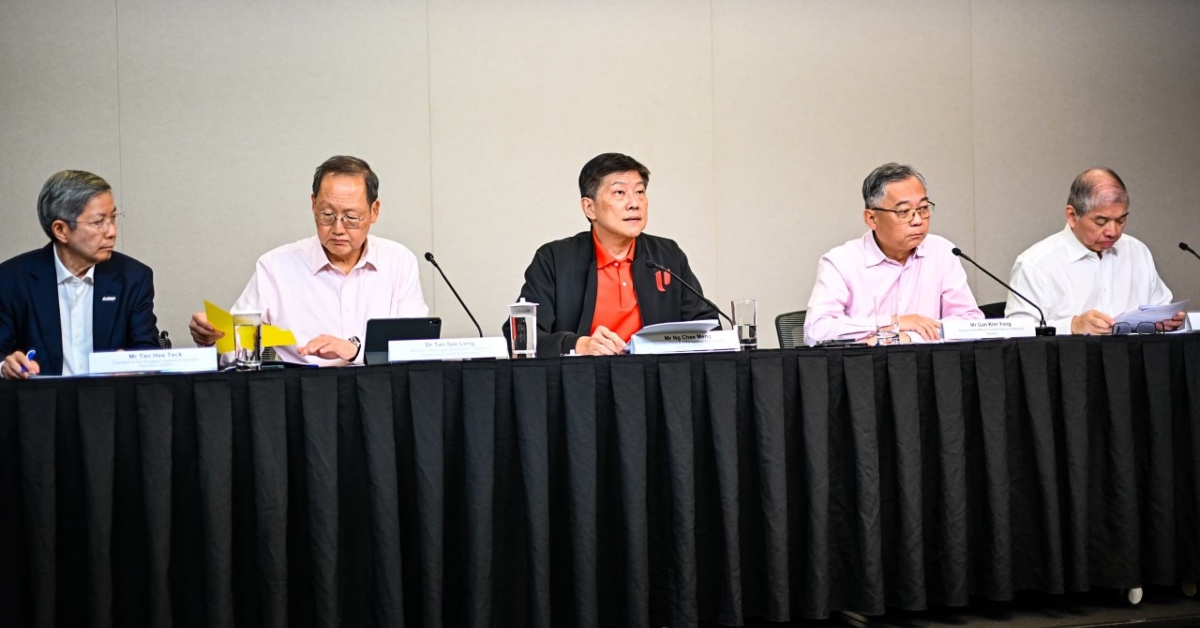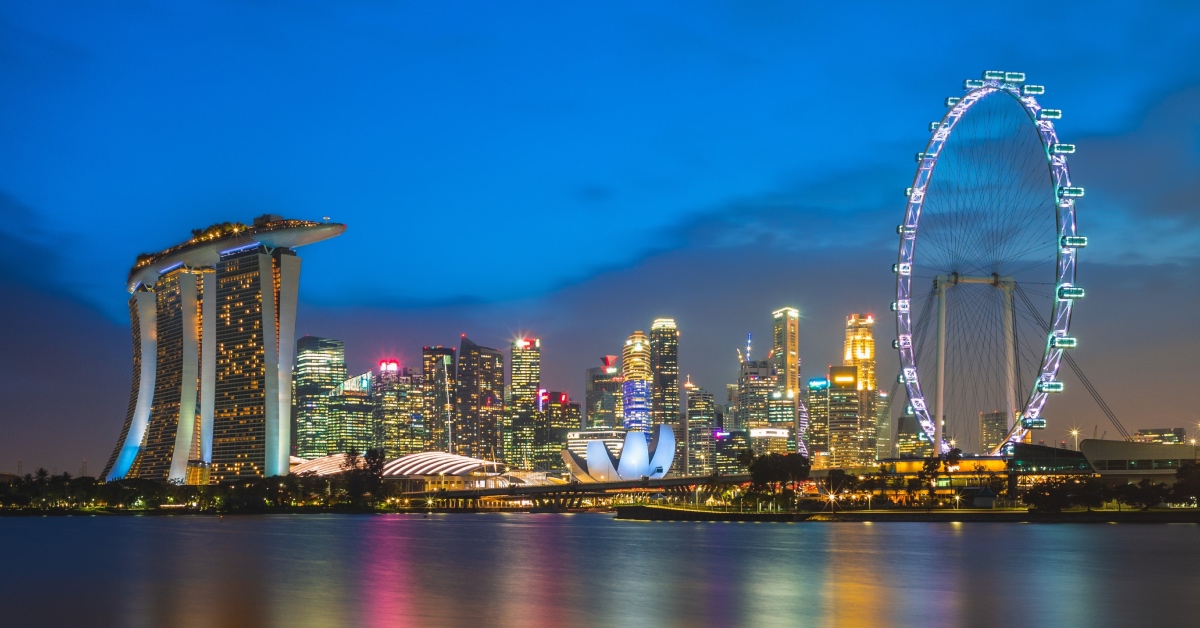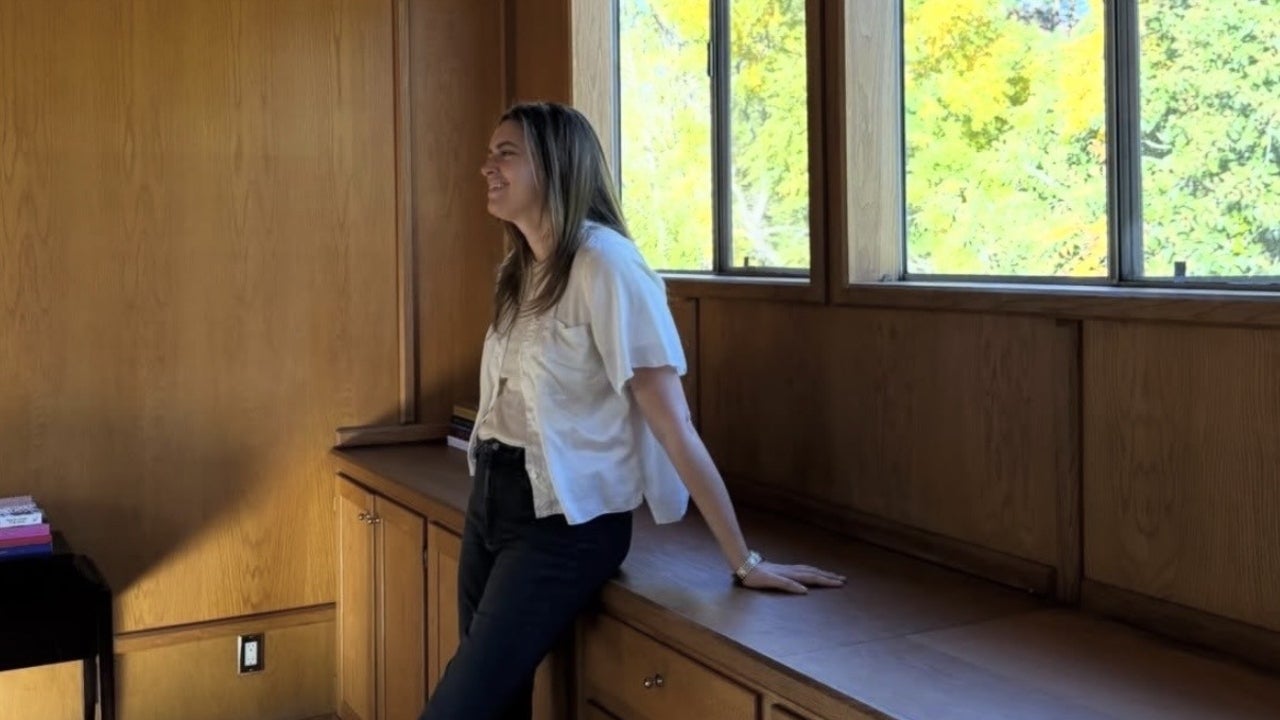S’pore govt to launch new grant in Oct 2025 to support businesses amid US tariffs
The Singapore Economic Resilience Taskforce (SERT) announced on Thursday (July 10) that it will launch a Business Adaptation Grant in October to help Singaporean companies adapt to the new tariff environment amid the imposition of new reciprocal tariff rates...

The Singapore Economic Resilience Taskforce (SERT) announced on Thursday (July 10) that it will launch a Business Adaptation Grant in October to help Singaporean companies adapt to the new tariff environment amid the imposition of new reciprocal tariff rates by the United States.
The grant, which includes a co-funding component, will be capped at S$100,000, said Minister for Manpower Tan See Leng at a SERT press conference.
Small and medium enterprises (SMEs), which hire about two-thirds of Singaporean workers, will likely be able to receive a higher proportion of co-funding from the government than multinational companies (MNCs).
Two categories of businesses will qualify for the grant, and eligible companies will be supported for a “time-bound period” of two years.
Companies that export or operate in overseas markets and are affected by tariffs make up the first group. The grant will enable them to conduct free trade agreements, trade compliance advisory, legal and contractual advisory, and supply chain optimisation and market diversification advisory services.
The second group of companies are those with manufacturing operations overseas or locally that need support with reconfiguration costs, including logistics and inventory holding costs.
Dr. Tan, who also serves as Second Minister for Trade and Industry, said that the Business Adaptation Grant complements other schemes that help businesses enter new markets, transform, innovate and grow.
More details about the grant will be released later.
Since its inception in April (in response to the US tariffs and global economic uncertainties), SERT has engaged more than 3,000 people. This includes business leaders, union leaders, workers, and new graduates, shared Minister for Digital Development and Information Josephine Teo, who was also at the press conference.
New US reciprocal tariff rates
The SERT press conference was held two days after US President Donald Trump began sending letters to over 20 countries, informing them that they would be subject to sharply steeper tariff rates from August 1, to allay US “trade deficits.”
Although Singapore has yet to receive a letter from Washington and currently remains subject to a 10% baseline tariff, its neighbours, such as Malaysia and Indonesia, were slapped with rates of 25% and 32%, respectively.
| Laos | 40% |
| Myanmar | 40% |
| Cambodia | 36% |
| Thailand | 36% |
| Bangladesh | 35% |
| Indonesia | 32% |
| Japan | 25% |
| Malaysia | 25% |
| South Korea | 25% |
Trump first announced the protectionist measure in April. Since then, Deputy Prime Minister (DPM) Gan Kim Yong, who chairs SERT, has noted that tariffs for some Asian countries have been reduced, while those for others have been increased.
These moves “will likely prolong the uncertainty and volatility and challenges for the economies around the world,” he said.
“We hope that negotiations and consultations will continue and that the US will be able to reach deals (with these countries).”
Further discussions still ongoing
According to DPM Gan, discussions with the U.S. on potential concessions for pharmaceutical tariffs are in progress, although he did not elaborate further. He aims to “better understand” U.S. concerns, priorities and interests, while exploring “practical and implementable approaches for (Singaporean) companies” and strengthening bilateral ties.
He mentioned that there are also “potential opportunities” for Singaporean businesses to explore in the US, in sectors such as AI, technology and advanced manufacturing in the future.
DPM Gan will be travelling to the U.S. later this month for further dialogues with the Trump administration and business leaders.
Meanwhile, businesses in Singapore have been preparing to adjust to the new tariff landscape. Some have taken advantage of the brief halt to reciprocal tariffs to frontload their exports to the U.S. Gan forsees that the economy is likely to weather the storm well for the first half of this year.
“However, given the expectation of higher tariffs going forward, as well as the diminishing frontloading effect, we will likely see slower economic growth over the next six to 12 months.”
Read other articles we’ve written on Singapore’s current affairs here.
 Tekef
Tekef 
































